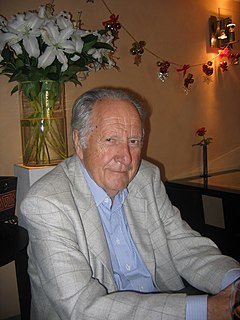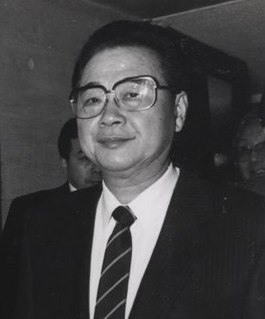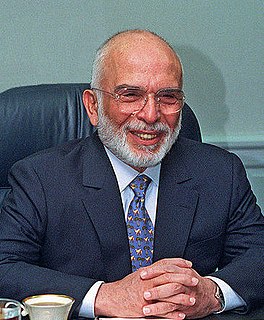A Quote by Saddam Hussein
The oil is a gift bestowed by God on the Arab nation, to use after centuries of poverty, backwardness and servitude - in raising its living standards, developing its economic, social and cultural conditions, and building up its own power to meet the challenges and conspiracies besetting it.
Related Quotes
Power, after all, is not just military strength. It is the social power that comes from democracy, the cultural power that comes from freedom of expression and research, the personal power that entitles every Arab citizen to feel that he or she is in fact a citizen, and not just a sheep in some great shepherd's flock.
Up to now, economic development has always meant that people, instead of doing something, are enabled to buy it... Economic development has also meant that, after a time, people must buy the commodity because the conditions under which they could get along without it had disappeared from their physical, social, or cultural environment.
The nature of the state is one thing, but there are other major challenges - what it will take to tackle the issues of social corruption, for example, social justice, and the economic system - and what are the future challenges when it comes to equality between the citizens, in particular in the field of the job market and equal opportunity for men and for women? This is at the centre of the question that is the Arab Awakening.
One of the challenges over the last decade is America has done experiments in nation building in places like Iraq and Afghanistan and we've neglected, for example, developing our own economy, our own energy sectors, our own education system. And it's very hard for us to project leadership around the world when we're not doing what we need to do.
We must each walk through life on our own, but we don't have to do it alone. God wants a powerful people. He gives His power to those who are faithful. We have a sacred obligation to seek after the power of God and then to use that power as He directs. And when we have the power of God with us, nothing is impossible.
These economic, social, cultural and educational causes of opportunity inequality are complex. And they will not be solved by continuing with the same stale Washington ideas. Five decades and trillions of dollars after President Johnson waged his War on Poverty, the results of this big-government approach are in.

































